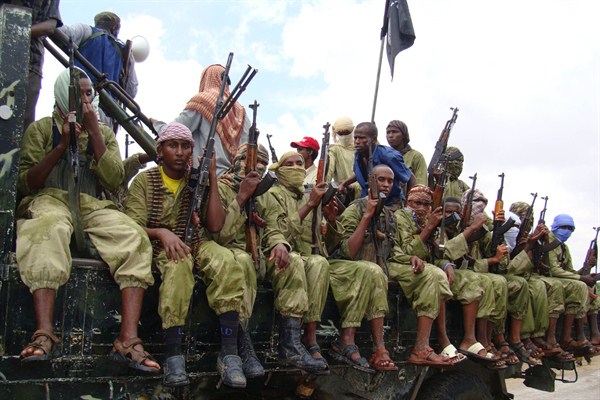One of the most momentous decisions the United States made after 9/11 was to go on the offensive against violent extremists, seeking to cut them off at their source. This was to be done by helping governments in the Islamic world provide prosperity, security, justice and a sense of national identity.
While sound in theory, this forced the U.S. to work with deeply flawed partners and repeatedly crashed against three problems. First, extremists, appropriating or misappropriating religious themes and local grievances, are often deeply ingrained in the societies where they operate, whether by ethnicity, clan, tribe or religion. Second, political elites and security forces in the troubled nations that produce violent extremists are hindered by parochialism and corruption despite exhortations from their American advisers. And third, neighboring states with their own security concerns often complicate things by intervening or providing sanctuary for extremists.
For Americans versed in global affairs, the depiction of these problems immediately brings to mind Afghanistan. Problems are indeed stark there, but they also occur in other places where extremism grows. Nowhere better illustrates this than Somalia, where the U.S. and its partners are struggling to craft a viable course to sustainable security.

